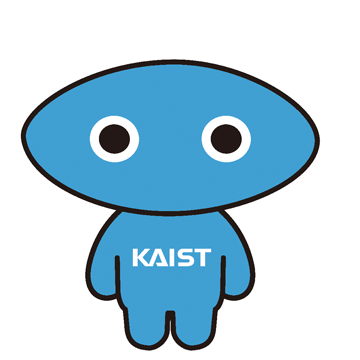
Copyright is one of the most important issues in the realm of generative AI.
This post is a personal review on the paper, “The Files are in the Computer: Copyright, Memorization, and Generative-AI Systems”.
One of the thrilling sentence was
All generative-AI models memorize some portion of their training data.
This work provides clear definition on the memorization, regurgitation, and extraction and provides insights how to view the memorized copyright contents. However, I think some possible solutions of copyright issues based this essay are nearly none. As we observe the hardness of the problem, I feel like the answers of the problems don’t exist. One reason is that the targets, which are a form of knowledge, to be protected are vague and they lost there concrete discrete form which exists before generative AIs play the social game.
This work use the term, regurgitation to describe the behavior of LLMs which just swallow information and bring the information back up to the end user without vomiting.
What a model memorizes:
LLMs can be prompted to output near-exact copies of training data.
Not all memorization is regurgitation or extraction; material can be present in a model but inaccessible through prompting with a particular strategy.
For an (imperfect) analogy, consider the Google Books database. Google’s corpus of scanned books includes complete images of every page from the books it has scanned; treating the corpus like a model, it would be a straightforward example of memorization. Google allows searchers on Google Books to view “snippets” of an eighth of a page containing their search terms, which would be straightforward regurgitation and extraction
“copies” of a copyrightable work are “objects . . . from which the work can be perceived, reproduced, or otherwise communicated.”
if I have Blu-Ray disc of Barbie (2023), it is a “copy” of the audiovisual work Barbie, because it can be “perceived” by playing it in a Blu-Ray player. If I rip the disc to an SSD storage device, the SSD also becomes a “copy” of Barbie; it can be “perceived” by playing it with software like QuickTime Player. It is still a “copy” even if I downscale it to a lower resolution and change the file format; copies do not have to have exactly the same information or the same encoding.
The legal definition of “copy” is functional: a “copy” of a work is defined by the fact that one can reconstruct enough of the work from it.
To say that regurgitation is copying does not necessarily mean that it is copyright infringement. A model might regurgitate unembellished, uncopyrightable material, like the factual alphabetized list of the fifty U.S. states
Means that when regurgitation happens, the model memorized the content. The model stored information in any means
Memorization takes place when a piece of training data can be emitted from a model by any means, and prompting is one such means. But there is a deeper point here. The definitions of extraction and regurgitation focus attention on the generation of outputs.
“repeat after me” is not useful evidence of memorization. Here, the model repeats the text from the monologue in the opening credits of Star Trek: The Next Generation. Interaction produced by the authors.
For example, OpenAI has claimed that its alignment techniques successfully trained its ChatGPT models to avoid memorization.92 But in late 2023, a team led by Google DeepMind researchers developed a new technique and conducted a large-scale measurement study that showed the ChatGPT 3.5 (turbo endpoint) model memorized significantly more training data than any other model they tested.
